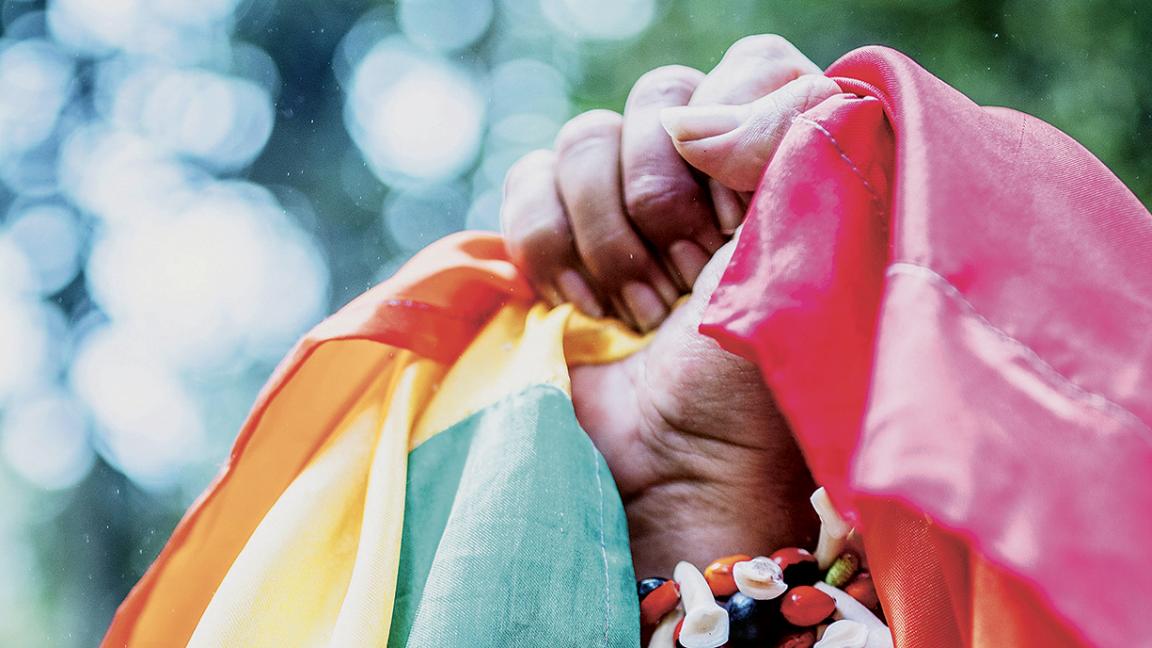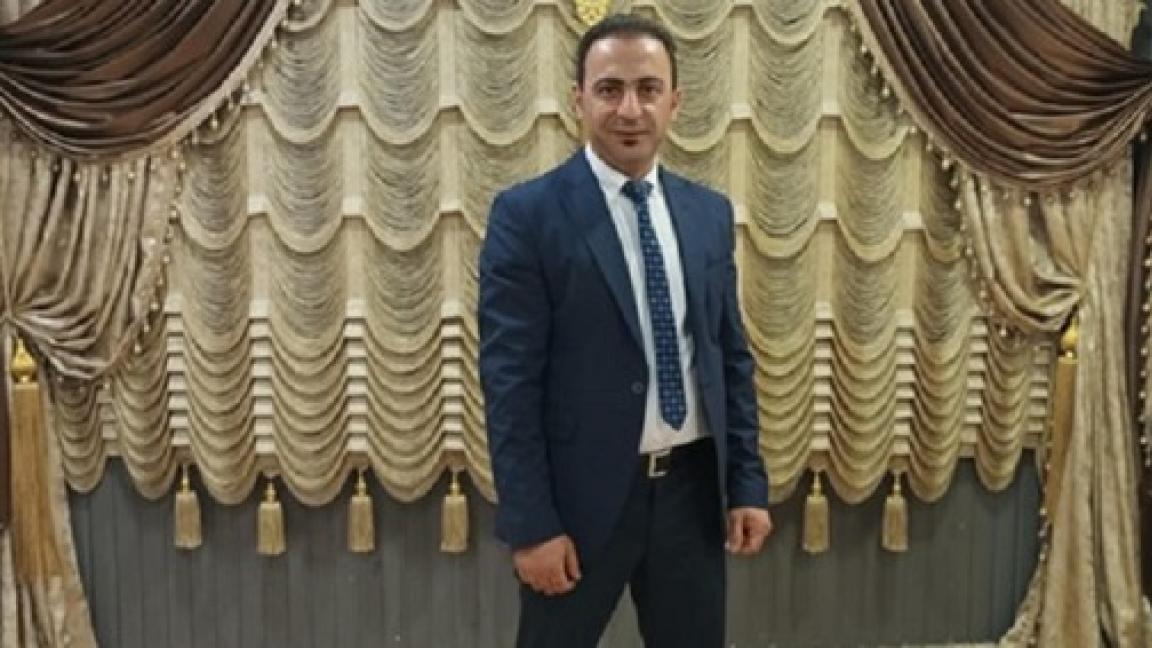
Peace and security
Millions of people face the threat of war, conflict and disaster. GIZ promotes peace, strengthens security and supports partners in laying the foundation for stability – in the interests of people locally and in Germany.
Our skills and expertise
-
Supporting peace processes
We promote dialogue, mediation and reconciliation. We assist our partners with violence prevention and conflict management work and support them in strengthening social cohesion.
-
Rethinking security
GIZ strengthens state security structures, focuses on human security, and provides support to prevent violence and organised crime.
-
Reconstruction and crisis resilience
Following crises and disasters, we work with partners to rebuild infrastructure and livelihoods together on a sustainable basis – with a focus on security, social participation and prevention.
-
Displacement and migration
We create fair migration pathways, promote safe return and encourage resource-rich countries to use their resources fairly and peacefully.





Projects in focus

